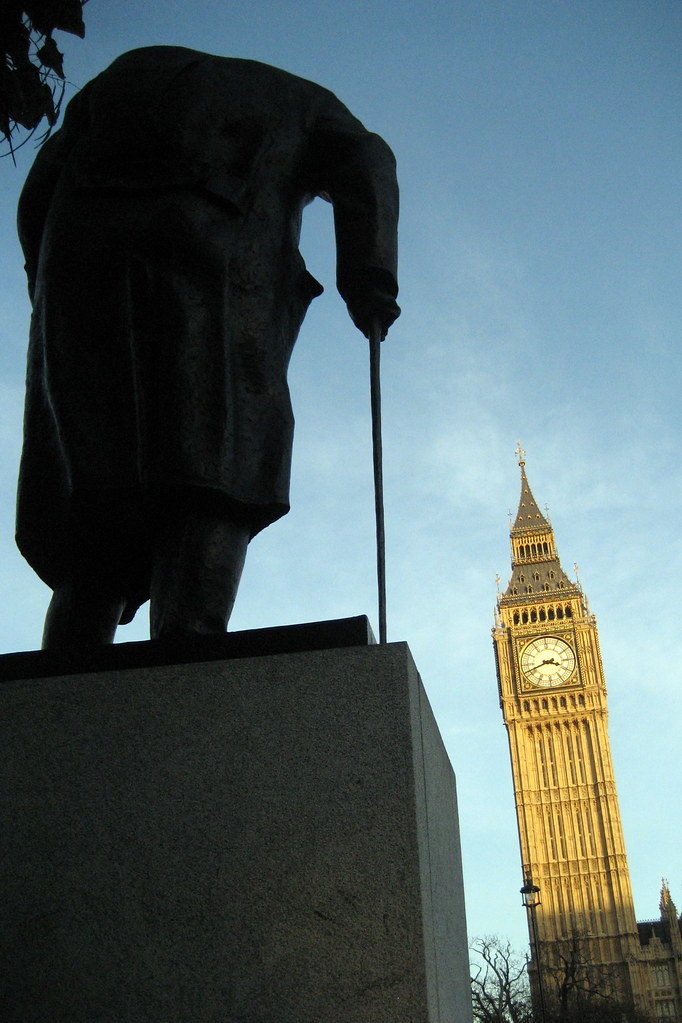Shamima Begum is one of the three girls from Bethnal Green who was taken out of Britain by a Canadian Spy to join the self-proclaimed Islamic State (IS) in 2015. Begum made headlines when she was discovered in the al-Hawl camp in Syria having left IS territory. She was pleading to return to Britain, so her child had a chance at survival and a better quality of life. Her request to repatriate was met with Sajid Javid’s decision as Home Secretary to revoke her British citizenship. Shamima Begum is now the first ever British woman stripped of her citizenship. Since this decision Begum has reappeared in the public eye, as she has lost her appeal against the decision to remove her British citizenship.
The Court acknowledged that Begum was trafficked out of the United Kingdom as a minor for sexual exploitation, but still felt this reasoning was insufficient to deem the secretary’s decision as unlawful. Instead of seeing Shamima Begum as a victim of trafficking, her travel to IS territory was seen as voluntary. This case has highlighted the anomaly of the UK’s decision compared to European allies and the US to repatriate nationals from camps in north-east Syria. In Spain, the government has begun repatriating families of IS fighters from Syrian refugee camps. If the Court accepts there is good reason to believe that Shamima Begum was groomed as a child, it is reasonable to question why her citizenship remains stripped and what fuelled this decision.
Since the re-emergence of Shamima Begum’s public presence in the media, there has been critical discourse questioning if the decision to strip her citizenship is implicated in racial prejudice. People have been drawing attention to the danger of normalising citizen-stripping powers, and what it means for foreign British citizens. Shamima Begum was born and raised in the United Kingdom, with Bengali heritage. The British Government is not in theory allowed to deprive a British citizen of their citizenship if they only possess one citizenship. Making someone ‘stateless’ is illegal under the UN Convention on the Reduction of Statelessness. Despite this fact, a tribunal rules that removing Ms Begum’s citizenship was lawful, as she was a citizen of Bangladesh by ‘descent’ so she would not technically be stateless. This was untrue, as Bangladesh did not claim her as a citizen due to ancestry. The stripping of her citizenship is implicated in the assumption that Begum would be a citizen of a country she was not born in and had never lived in. That a country that she only has ties to through heritage should take responsibility for another country’s citizen. Her citizenship outcome creates a sense of insecurity for other British citizens with foreign ancestry. It creates a two-tier citizenship system that separates White and Ethnic citizens of the UK. The Institute on Statelessness and Inclusion says Britain in recent years has stripped more citizenships than any other country, bar Bahrain.
Maya Foa, director of legal charity Reprieve, said the case was part of a wider ‘racist citizenship stripping policy’. The media have constantly hounded this woman who was trafficked as a child to IS territories. Amnesty International UK said Begum has been left trapped and anyone suspected of terror offences should be investigated by their home country. If Shamima Begum was white, would she have been made stateless by the UK, and would the acknowledgement of her being sex trafficked not be enough?
The refusal to acknowledge that a 15-year-old was groomed, and sex trafficked is cruel and unfair. Shamima Begum is burdened with the lack of empathy toward a young Muslim and ethnic woman. In contrast to the outcome of Shamima Begum’s case is the case of Jack Letts, a white British boy who went to Syria to join IS. Letts’s British citizenship was removed showing an identical outcome to the joining of IS. But an important distinction is he was not made stateless as he has Canadian citizenship. It was revealed in January that Letts would be repatriated to Canada. Begum’s outcome violated UN conventions, justified on a loaded belief that she should not be Britain’s ‘problem’ as a citizen. Also comparatively, Rhianan Rudd was a white UK schoolgirl who faced terror charges which were dropped after proving she had been groomed online by right-wing extremists. In Rhianan Rudd’s case, removal of citizenship was never a consideration from authorities. This leads to the question as to whether statelessness is a punishment that is reserved for ethnic British citizens. SIAC’s decision leaves British citizens with foreign ancestry feeling insecure about their citizenship. The outcome of Begum’s appeal has serious racial implications for other UK citizens, and future foreign policy.
“UK – London – Westminster: Parliament Square – Winston Churchill statue and Big Ben” by wallyg is licensed under CC BY-NC-ND 2.0.

